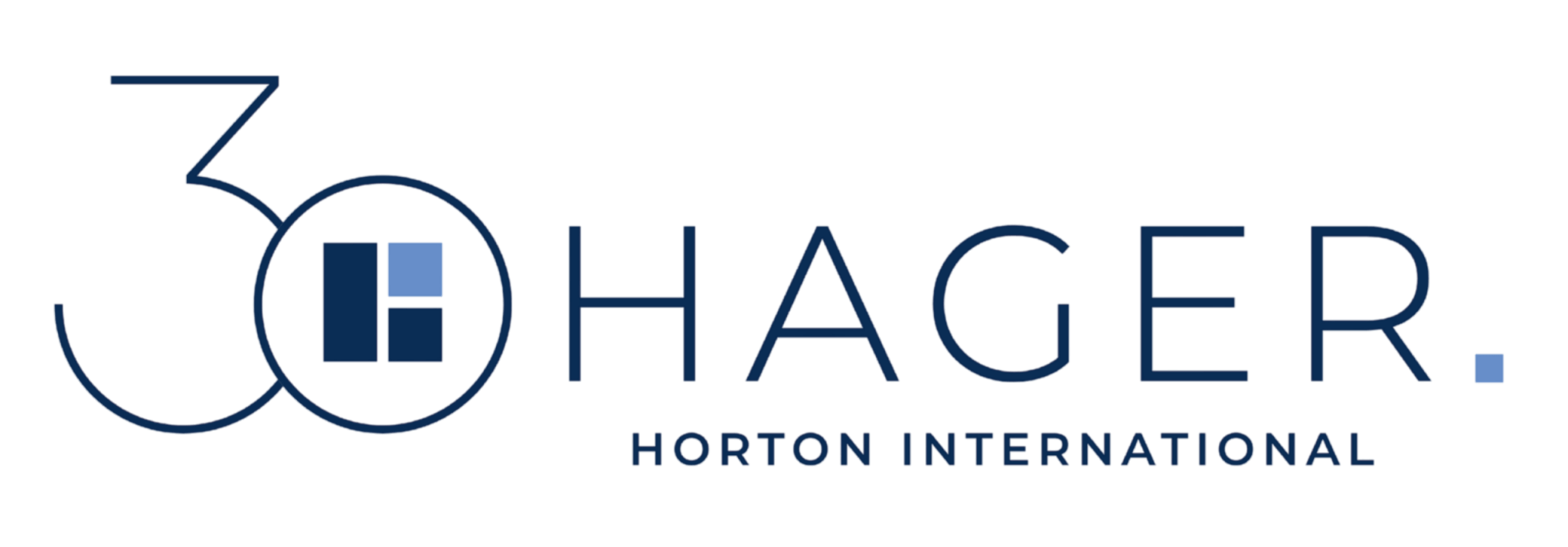
The digitalisation of the healthcare system represents a challenge, but also an opportunity. It offers scope for innovations that can accelerate medical progress and improve healthcare. Healthcare managers play a crucial role in the successful integration of these digital solutions. Therefore, they need to be both technologically savvy and have a sustainable vision for the future of healthcare.
The rapid development and introduction of new technologies is leading to changes in the provision and management of medical services. It is no longer just about making a diagnosis and initiating treatment. Instead, doctors and medical staff need to be able to interpret complex data sets and communicate with patients via digital platforms. In this way, new technologies and best practices can be continuously learnt and implemented.
But what does this development mean for doctors and hospital staff?
The role of senior executives in the healthcare sector is crucial. Not only are they responsible for keeping their teams up to date and supporting them in adapting new technologies, but they also play a key role in designing and implementing healthcare digitalisation strategies. They also need to ask the right questions, select the right technologies and set the right priorities. They also need to be able to lead the organisational change necessary to effectively implement and manage new digital processes.
With the increase in digital technologies in the healthcare sector, the risk of data breaches and cyberattacks is also increasing. This requires line managers to develop and implement data security strategies. They need to understand the constantly changing laws and best practices regarding data protection and data security. They must also create an environment in which both patient data and facility information is secure.
Interdisciplinary collaboration is increasingly becoming the norm as IT experts, clinicians and administrators work together to develop and implement digital solutions. Leaders must coordinate this collaboration, identify and close gaps, and ensure that all parties are working towards a common goal: improving patient care and healthcare efficiency.
How does this trend affect the recruitment of staff in hospitals?
Digitalisation in the healthcare sector is also having an impact on the recruitment of managerial staff. The ideal candidate for a management position is no longer just someone with extensive medical experience and leadership qualities. Increasingly, managers are being sought who have a strong technological background, an understanding of data protection and data security, a willingness to embrace change and the ability to foster collaboration and innovation.
This article was written in cooperation with Michaela Bender, Business Manager of the ‘Healthcare’ business unit at HAGER Executive Consulting.



